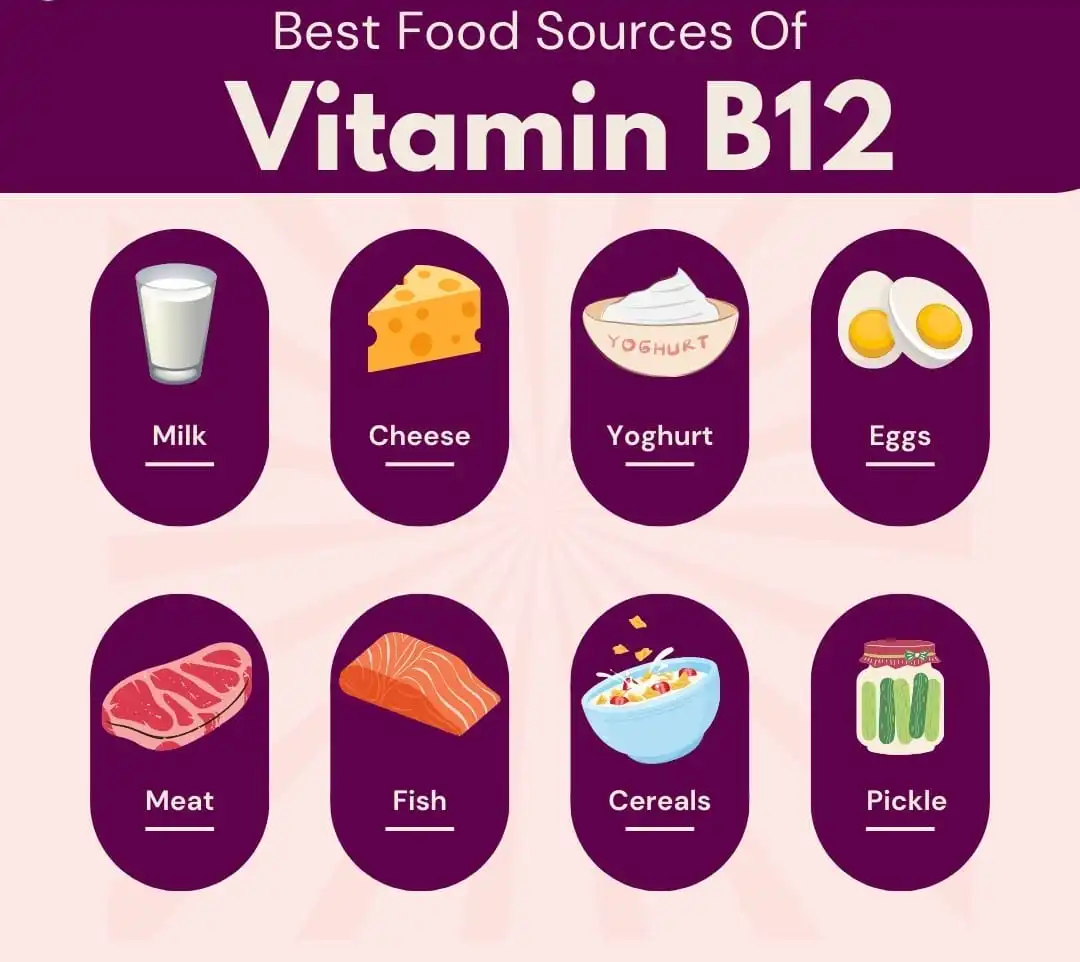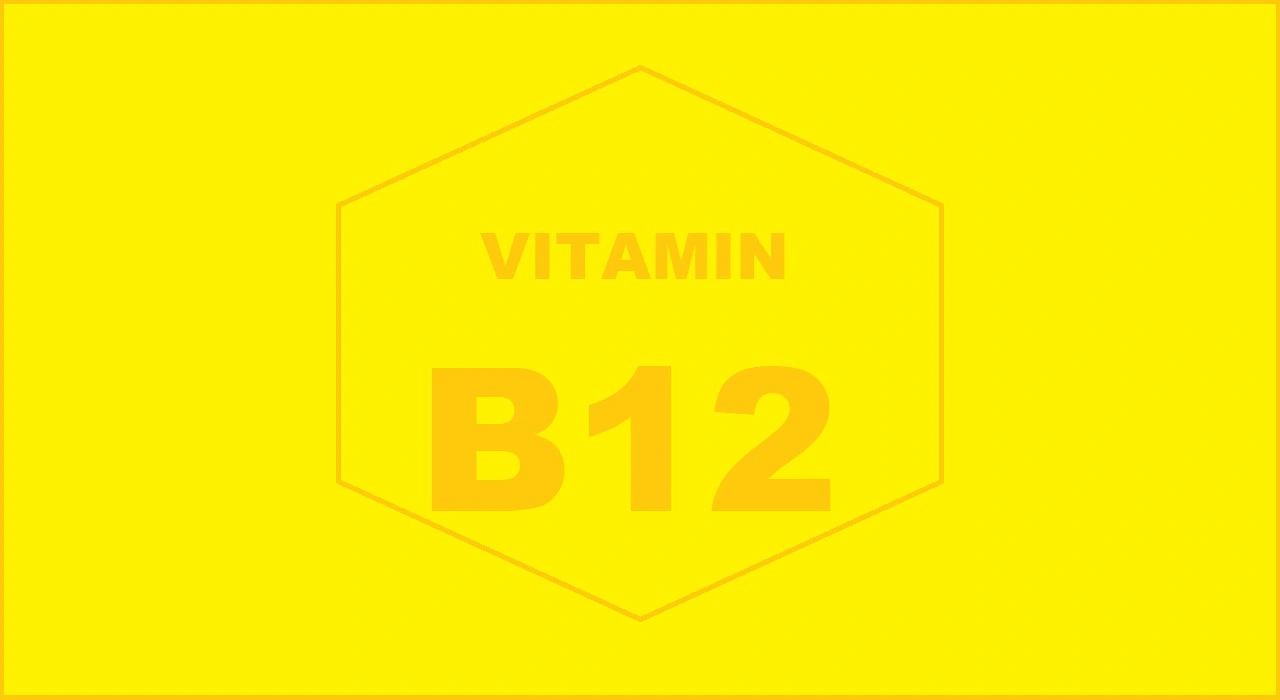Introduction
Vitamin B12 is an essential nutrient that plays a crucial role in maintaining our overall health. Despite its importance, many people suffer from a deficiency, which can lead to serious health problems if left untreated. In this blog post, we will explore what Vitamin B12 deficiency is, the causes and symptoms of its deficiency, and how to prevent and treat it effectively.
What is Vitamin B12?
Vitamin B12, also known as cobalamin, is a water-soluble vitamin that is vital for the formation of red blood cells, neurological function, and DNA synthesis. It is naturally found in animal products such as meat, fish, poultry, eggs, and dairy. For vegetarians and vegans, fortified foods and supplements are often necessary to meet their Vitamin B12 needs.

Causes of Vitamin B12 Deficiency
Vitamin B12 deficiency can result from several factors:
- Dietary Deficiency: People who follow strict vegetarian or vegan diets are at a higher risk since plant-based foods do not contain Vitamin B12.
- Malabsorption: Conditions like pernicious anemia, celiac disease, Crohn’s disease, and atrophic gastritis can impair the body’s ability to absorb Vitamin B12 from food.
- Medications: Some medications, such as proton pump inhibitors and metformin, can interfere with Vitamin B12 absorption.
- Aging: As people age, their ability to absorb Vitamin B12 diminishes, increasing the risk of deficiency.
Symptoms of Vitamin B12 Deficiency
Vitamin B12 deficiency can manifest in various ways, and the symptoms can range from mild to severe. Common symptoms include:
- Fatigue and Weakness: A lack of Vitamin B12 can lead to anemia, causing fatigue and weakness.
- Neurological Issues: Numbness, tingling in the hands and feet, difficulty walking, and memory problems can occur.
- Mental Health Problems: Depression, confusion, and cognitive decline are linked to low Vitamin B12 levels.
- Pale or Jaundiced Skin: Anemia caused by B12 deficiency can make your skin appear pale or jaundiced.
- Glossitis and Mouth Ulcers: Inflammation of the tongue and mouth ulcers can be a sign of deficiency.
Diagnosing Vitamin B12 Deficiency
If you suspect you have a Vitamin B12 deficiency, it’s essential to consult a healthcare provider. They will likely perform a blood test to measure the levels of Vitamin B12 in your body. Additional tests may be conducted to determine the underlying cause of the deficiency.
Preventing and Treating Vitamin B12 Deficiency
Preventing and treating Vitamin B12 deficiency involves dietary adjustments and, in some cases, medical intervention.
- Dietary Sources: Include more B12-rich foods in your diet, such as meat, fish, eggs, dairy products, and fortified cereals.
- Supplements: Vitamin B12 supplements are available in various forms, including tablets, capsules, and sublingual (under the tongue) preparations. They are especially useful for vegetarians, vegans, and those with absorption issues.
- Injections: For severe deficiencies, Vitamin B12 injections may be necessary. These are usually administered by a healthcare professional.
- Fortified Foods: Some foods, such as plant-based milk, breakfast cereals, and nutritional yeast, are fortified with Vitamin B12 and can help prevent deficiency, especially in vegetarian and vegan diets.
Frequently Asked Questions (FAQ)
Q: Who is at the highest risk for Vitamin B12 deficiency?
A: Vegetarians, vegans, older adults, and individuals with conditions that affect nutrient absorption are at the highest risk.
Q: How can I tell if I have a Vitamin B12 deficiency?
A: Common symptoms include fatigue, weakness, numbness, tingling in the hands and feet, memory problems, and pale or jaundiced skin. A blood test is necessary for a definitive diagnosis.
Q: Can Vitamin B12 deficiency cause permanent damage?
A: If left untreated, Vitamin B12 deficiency can cause irreversible neurological damage and other severe health issues.
Q: How much Vitamin B12 do I need daily?
A: The recommended daily intake of Vitamin B12 varies by age, but for most adults, it is 2.4 micrograms. Pregnant and breastfeeding women may require more.
Q: Are there any side effects of taking Vitamin B12 supplements?
A: Vitamin B12 is generally safe, and side effects are rare. However, excessive doses can cause minor issues like dizziness, headache, or nausea.
Q: Can I get enough Vitamin B12 from a vegetarian or vegan diet?
A: It is challenging to get adequate Vitamin B12 from plant-based foods alone. Fortified foods and supplements are recommended for those following a vegetarian or vegan diet.
Vitamin B12 is essential for maintaining good health, and a deficiency can lead to significant health problems. By understanding the causes, recognizing the symptoms, and taking appropriate steps to prevent and treat deficiency, you can ensure that you maintain adequate Vitamin B12 levels. If you suspect you might be deficient, consult a healthcare provider for proper testing and treatment options.
By staying informed and proactive about your Vitamin B12 intake, you can support your body’s vital functions and overall well-being. Remember, a balanced diet and regular health check-ups are key to preventing deficiencies and maintaining optimal health.
